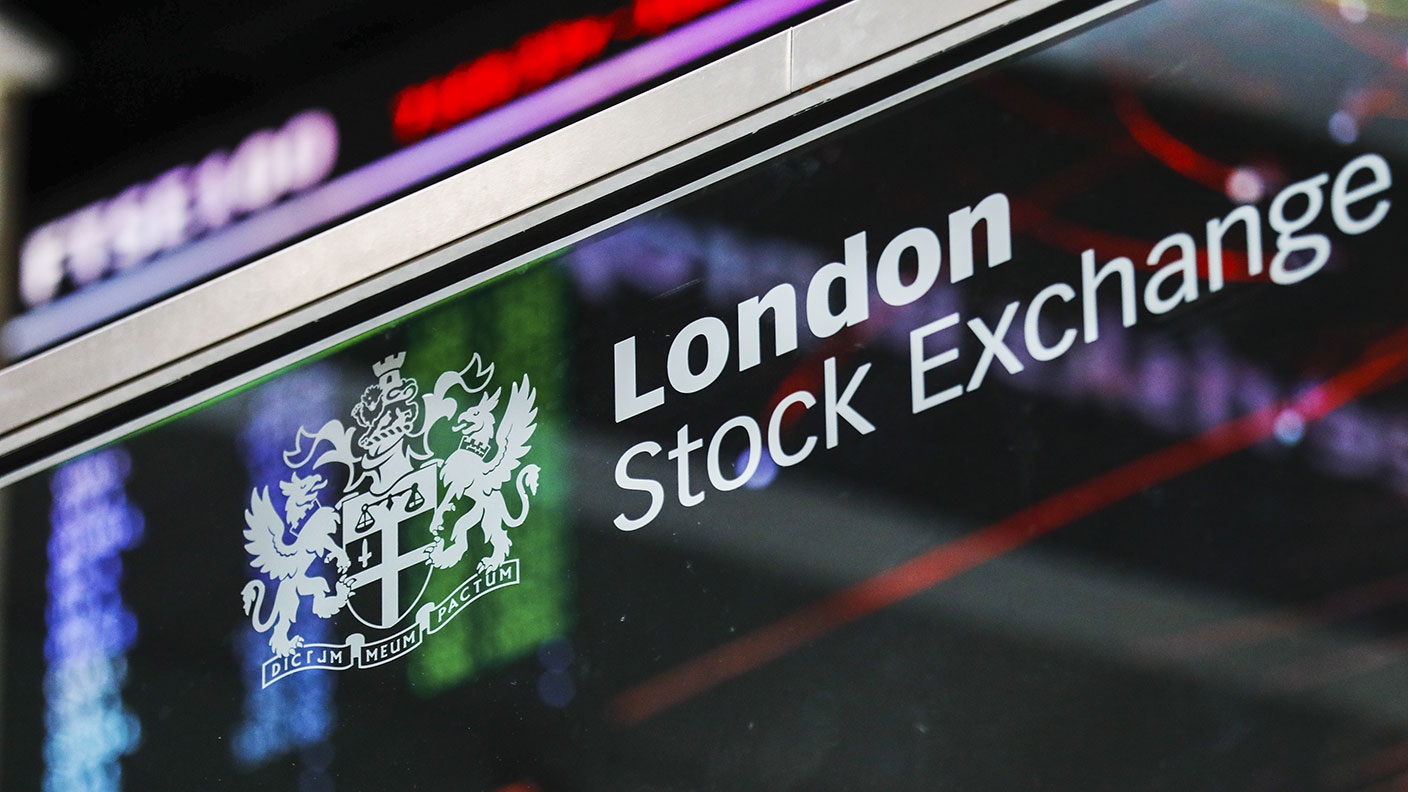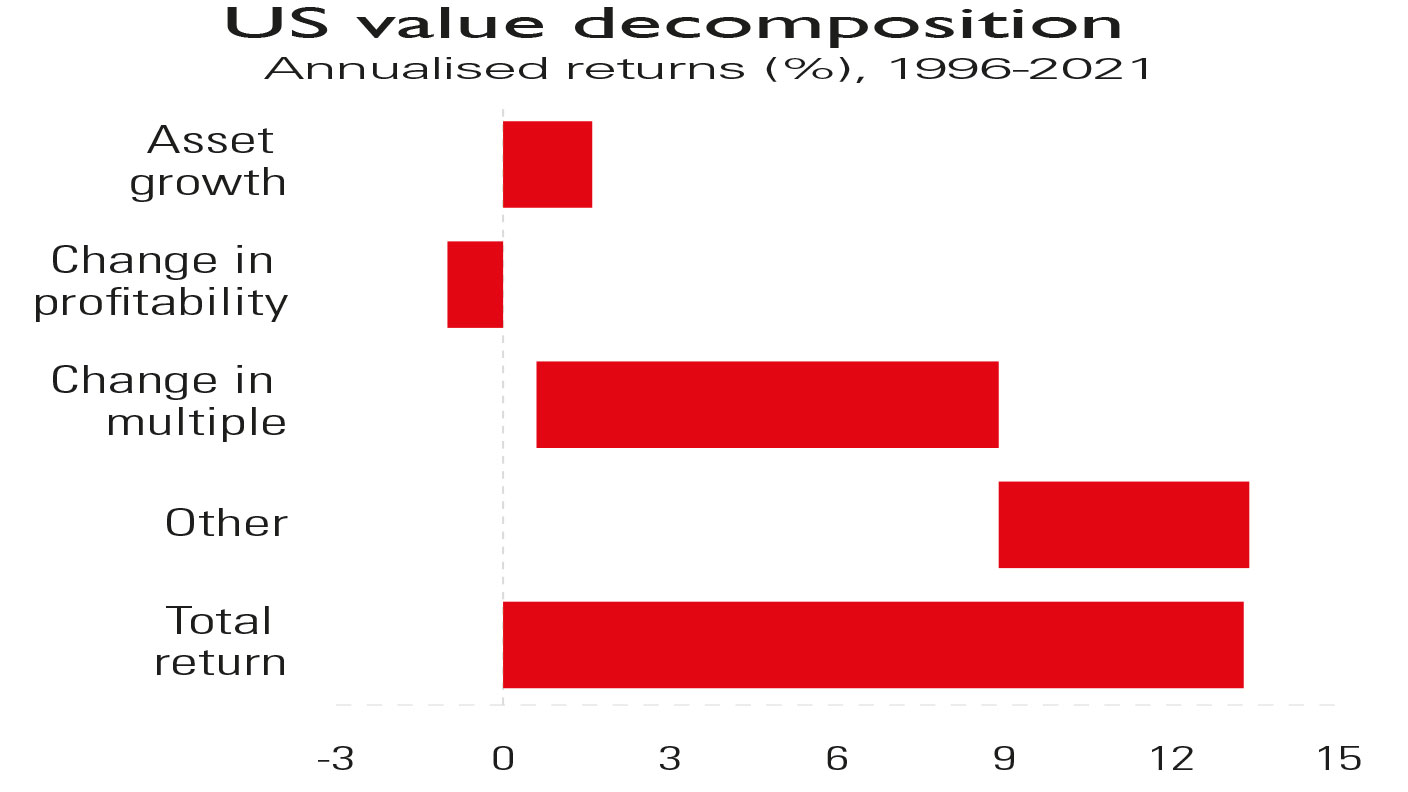Get the latest financial news, insights and expert analysis from our award-winning MoneyWeek team, to help you understand what really matters when it comes to your finances.
You are now subscribed
Your newsletter sign-up was successful
Want to add more newsletters?

Twice daily
MoneyWeek
Get the latest financial news, insights and expert analysis from our award-winning MoneyWeek team, to help you understand what really matters when it comes to your finances.

Four times a week
Look After My Bills
Sign up to our free money-saving newsletter, filled with the latest news and expert advice to help you find the best tips and deals for managing your bills. Start saving today!
While spread betting is the most popular choice among many retail traders, more experienced traders often use contracts for difference (CFDs) instead. The distinction between spread betting and CFDs can seem small.
Indeed, many of the biggest players in both are the same firms (market leader IG has around 40% of the UK spread-betting market and 35% of the CFD market).
However, there are significant differences in charges, tax treatment and transparency that can make CFDs a more effective tool in some circumstances.
MoneyWeek
Subscribe to MoneyWeek today and get your first six magazine issues absolutely FREE

Sign up to Money Morning
Don't miss the latest investment and personal finances news, market analysis, plus money-saving tips with our free twice-daily newsletter
Don't miss the latest investment and personal finances news, market analysis, plus money-saving tips with our free twice-daily newsletter
What makes CFDs different?
Let's repeat our trade on the S&P 500, only using a CFD instead of a spread bet. First, instead of betting pounds per point, we buy a specific number of contracts with a set monetary value ($10 per contract in this case).
Second, we'll see that the spread offered on the CFD will be tighter: let's say 1,949.5 1,950.5 instead of 1,949 1951. That's because with a spread bet, the provider makes its money from the spread and doesn't charge commission. With CFDs, it also charges an explicit dealing commission perhaps 0.1%.
Third, spread bets have a fixed maturity date. The cost of financing a long position (in other words, paying for the money you are effectively borrowing from the provider) is built into the spread.
However, CFDs are open-ended and so can run for as long as you want. This means your borrowing cost depends on how long you keep the trade open, so you'll need to calculate the financing cost daily.
This is usually based on Libor (a key financial market interest-rate benchmark) plus a set margin (around three percentage points). If you short a stock using a CFD, you will pay a borrowing charge. This reflects what it costs your provider to borrow the stock to short, and depends on how hard it is to borrow the shares.
Lastly, when we place our trade on the S&P 500 through a spread bet, we do so without taking any foreign currency exposure. We make a bet in pounds on how much the S&P 500 will change. When we place a CFD trade, we are betting on a contract valued in dollars, so we're taking on sterling-dollar risk as well as the risk of how the index moves.
This can be either an advantage or a disadvantage, depending on what you want to achieve. Note that your CFD provider may also charge for currency conversion if you're trading CFDs on assets priced in foreign currencies.
Do understand that if you use a spread bet you still pay all these costs it's just built into the spread. With CFDs, the charges are more transparent and visible. Some traders prefer this others favour the simplicity of spread bets.
Transparency and tax
Some CFDs also differ from spread bets by offering an explicit link between the price at which you trade and the price of the underlying asset. With spread bets, providers set their own bid and offer prices.
While competition and regulation should stop them from taking too many liberties, you don't have complete transparency. However, CFDs for individual stocks are increasingly linked directly to the price of the underlying shares, with no increased spread added by the provider. These are known as direct market access (DMA) CFDs.
Finally, while spread-betting profits are tax-free, CFD profits are subject to capital gains tax. Losses on CFDs can be offset against other gains to cut your tax bill. However, CFDs are not subject to stamp duty, unlike trades in stocks.
Manage your risk with Turbos
Broadly speaking, CFDs are more suitable for larger deals and trades that you intend to run for several days or even a few weeks. Spread betting can be more advantageous for smaller, shorter-term trades and is also slightly simpler, which can make it a better choice when you're just getting started.
However, both spread betting and CFDs require careful risk management, particularly with regard to setting stop losses. As a result, you may prefer to start with products that offer similar leverage, but take care of the stop-loss element for you.
Also, if your experience is mostly in trading stocks, you may want to trade through your existing broker. Covered warrants is one alternative to options, but there are other listed products that provide some of the same features as CFDs.
One example is Turbos, issued by Socit Gnrale and listed on the London Stock Exchange. Turbos are issued with a fixed maturity date and a strike price. At maturity, a Turbo's value is determined by the difference between the strike price and the price of the asset the Turbo is based on similar to a covered warrant.
However, Turbos also have a knock-out price. If the price of the underlying asset drops below the knock-out at any time, the Turbo expires worthless.
This makes a Turbo similar to a spread bet or CFD with a guaranteed stop loss. You can lose all the money you first paid, but your loss is capped. The knock-out feature rules out the chance of the price recovering before expiry (unlike a covered warrant), but makes them more sensitive to changes in the underlying asset and so can mean more leverage.
Get the latest financial news, insights and expert analysis from our award-winning MoneyWeek team, to help you understand what really matters when it comes to your finances.
MoneyWeek is written by a team of experienced and award-winning journalists, plus expert columnists. As well as daily digital news and features, MoneyWeek also publishes a weekly magazine, covering investing and personal finance. From share tips, pensions, gold to practical investment tips - we provide a round-up to help you make money and keep it.
-
 Should you buy an active ETF?
Should you buy an active ETF?ETFs are often mischaracterised as passive products, but they can be a convenient way to add active management to your portfolio
-
 Power up your pension before 5 April – easy ways to save before the tax year end
Power up your pension before 5 April – easy ways to save before the tax year endWith the end of the tax year looming, pension savers currently have a window to review and maximise what’s going into their retirement funds – we look at how
-
 What is Vix – the fear index?
What is Vix – the fear index?What is Vix? We explain how the fear index could guide your investment decisions.
-
 Fear of missing out – what should investors do now?
Fear of missing out – what should investors do now?Analysis Markets have rallied from their mid-June lows. But if you missed out, as most investors did, what should you do now? Max King explains.
-
 Why you need to invest at least some of your money outside the UK
Why you need to invest at least some of your money outside the UKAdvice Most investors tend to have a bias to their home market. But that’s a mistake, says Rupert Hargreaves. Investing in international stocks can help diversify your portfolio and protect your wealth from unnecessary risks.
-
 Liz Ann Sonders: raging inflation and the bear market is not “70s redux”
Liz Ann Sonders: raging inflation and the bear market is not “70s redux”Podcasts Merryn talks to Liz Ann of Charles Schwab about how today’s raging inflation and bear market came about, what to do, and why it’s not like the 1970s stagflation, or the the 2007-2008 crash.
-
 Value is starting to emerge in the markets
Value is starting to emerge in the marketsOpinion If you are looking for long-term value in the markets, some is beginning to emerge, says Merryn Somerset Webb. Indeed, you may soon be able to buy traditionally expensive growth stocks on the cheap, too.
-
 Value stocks: when cheaper isn’t cheap enough
Value stocks: when cheaper isn’t cheap enoughAdvice Value stocks will probably beat growth stocks in the years ahead, but that won’t necessarily mean high returns, says Cris Sholto Heaton
-
 Too embarrassed to ask: what is an index?
Too embarrassed to ask: what is an index?Videos The FTSE 100 is probably the best-known stockmarket index in the UK. But what exactly is an index?
-
 What is an ETF? Everything you need to know about exchange-traded funds
What is an ETF? Everything you need to know about exchange-traded fundsThere are all sorts of exchange-traded funds (ETFs) that can provide investors with a wide range of investment solutions. We explain what ETFs are and how they work.

